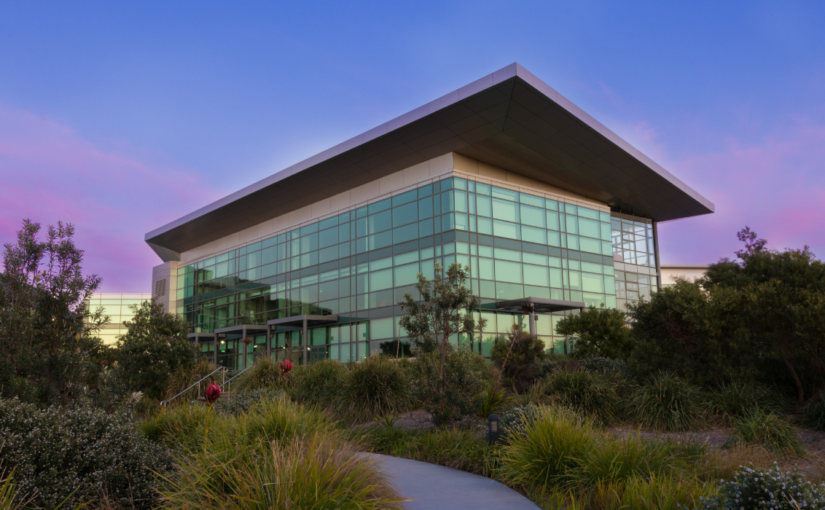back
Investing in Commercial Real Estate: Key Considerations and Market Trends
03-2023

When attempting to diversify their portfolios, investors may find investing in commercial real estate to be a lucrative and intriguing alternative. But, it’s crucial to comprehend the fundamental factors and market patterns that can affect your investment before making a move. What you should know before investing in commercial real estate is covered in this blog post.
Key Considerations
- Location: A business property’s success can be strongly impacted by its location. Putting money into a place with a thriving economy and a rising population can boost demand for commercial real estate and guarantee a continual stream of potential renters. Investing in a location with easy access to services, transit, and top-notch schools can also make the property more appealing to tenants and possibly raise its value over time.
- Property Type: Office buildings, shopping malls, manufacturing facilities, and apartment complexes are just a few examples of the many different types of commercial assets. Each type of commercial property has its own special issues and responsibilities. Investing in an office building, for instance, would necessitate a greater emphasis on tenant retention, whilst investing in an industrial warehouse might necessitate more maintenance expenditures. When making an investment, it’s critical to have a firm grasp of the requirements and difficulties associated with each form of property. You should also obtain professional assistance.
- Financing: The cost of financing commercial real estate ventures depends on the investor’s financial status and investment objectives. Though they may require a larger down payment and a longer application process, traditional bank loans have lower interest rates. On the other hand, private loans may provide more flexible terms but may also have higher interest rates. Other financing possibilities include partnerships and crowdsourcing, which may provide more flexibility and lower capital requirements but call for careful analysis of the underlying legal and financial frameworks.
- Due Diligence: When investing in commercial real estate, doing extensive due diligence is essential. Reviewing financial documents, leases, zoning laws, and property conditions is crucial to identify any potential obligations or problems that can affect the investment’s performance. Any structural or upkeep problems that can affect the property’s worth over time might be found with the aid of an expert inspection. Investors can reduce risks and make wise investment decisions by performing extensive due diligence.
Market Trends
- Remote Work: The COVID-19 epidemic has increased the trend toward working from home, leading many companies to reevaluate their need for office space. While some organizations may shrink or switch entirely to remote work, others would look for larger locations to account for social isolation and heightened security measures. Investors who are thinking about purchasing office properties should be aware of these changes in demand.
- E-Commerce: As e-commerce has grown, the need for industrial warehouses and distribution facilities has skyrocketed. Retailers require greater room to store and distribute items as more customers conduct their shopping online. Due to their high demand, investors should think about investing in industrial buildings close to important transportation hubs.
- Mixed-Use Developments: Mixed-use complexes, which incorporate retail, office, and residential space into a single structure, are gaining popularity. In addition to providing convenience for locals, these developments give companies the chance to draw clients from neighboring residential neighborhoods. In developing locations with significant demand for housing and amenities, investors should take into account the possibility for mixed-use complexes.
- Sustainability: Tenants and investors are placing a greater emphasis on sustainable structures and procedures. Businesses and customers who care about the environment are more likely to choose buildings with energy-saving features, green roofs, and LEED certifications. To draw renters and raise the value of their properties, investors ought to think about implementing sustainability elements.
It can be rewarding and profitable to invest in commercial real estate, but it’s crucial to comprehend the key factors and market trends that could affect your decision. Investors can reduce risks by evaluating location, property type, finance, and due diligence before making decisions. Keeping abreast of market trends like e-commerce, mixed-use developments, remote work, and sustainability can also help investors spot possible possibilities and maintain a competitive edge.
Overall, there are several elements that need to be carefully taken into account when investing in commercial real estate. You may make wise investing selections that will position you for success by being aware of the major factors and market trends covered in this blog post.
F2H Capital Group is a debt advisory firm specializing in negotiating the best terms for your commercial real estate projects. The company offers a range of financial products and services, including fixed loans, bridge loans, and construction loans across all asset types. Please contact us for any of your financing needs.

